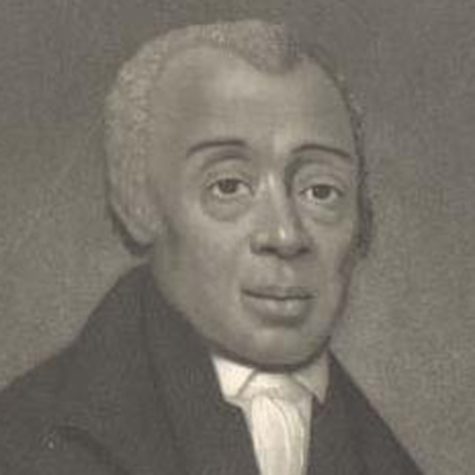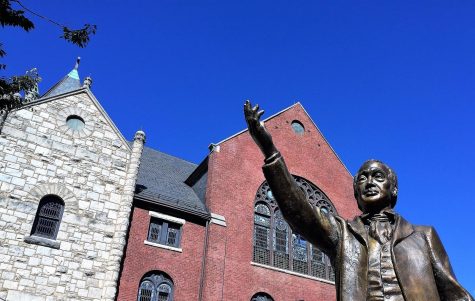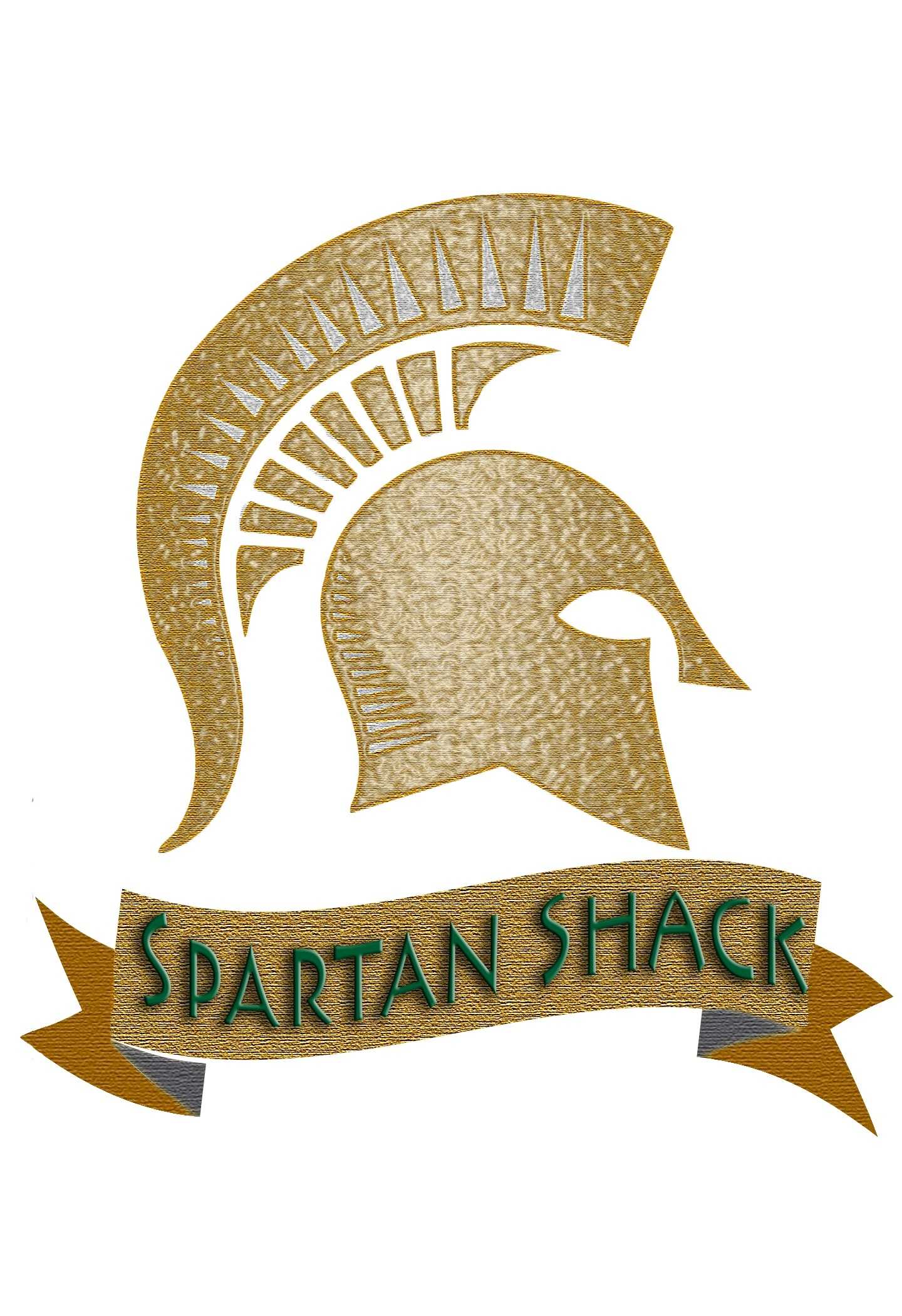Who is Richard Allen?
February 28, 2020

At the beginning of the 19th century, through hardship and overcoming slavery, Richard Allen began the first independent black religious denomination in the United States. Allen heard of a white Methodist preacher speaking against slavery and decided to convert, becoming a Methodist. Later his owner converted and allowed him to purchase his freedom for $2,000 (Biography.com editors). He then joined St. George’s Methodist Episcopal Church, which allowed blacks and whites to worship together in harmony. He then became an assistant minister and led prayer meetings with African Americans. After joining a mass walkout with the intention of starting his own independent Methodist church, Allen helped start the Free African Society, a non-denominational religious mutual-aid organization, which was determined to aid the black community.
With several other black Methodists, Richard Allen started the Bethel Church. Through the help of Allen’s second wife, Sarah Allen, his church hid escaped slaves in their basement, eventually leading them to freedom (Biography.com editors). The church became a stop on the Underground Railroad.
Richard Allen was the first African American to be ordained in the ministry of the Methodist Episcopal Church. Allen also became bishop of the AME Church. Allen preached against slavery and organized members to purchase products derived only from non-slave labor. His actions would later influence other influential leaders like Frederick Douglas and Martin Luther King Jr.
Today, the AME Church has an astounding 2.5 million members (Biography.com editors). Richard Allen is not the first name that many think of when considering Black History Month, but that does not diminish the path he started for others. Allen served as a first step in the history of religion and civil rights in America. Even though Allen found comfort in the Methodist Church, it did not make it any easier for him to start the African American Church. As his congregation grew, other Methodist leaders would try to threaten him by provoking his membership in the Methodist Church (Biography.com editors). It was a challenge, but his confidence grew as he saw how his influence in the AME Church helped the black community.
Richard Allen died of the Lou Gehrig’s disease on March 26, 1831. To honor Richard Allen, a college in South Carolina and a Philadelphia school are both named after him. A bronze statue of him was erected in front of the original “Bethel Mother” church in Philadelphia (Ryanne Persinger).

Works Cited
Article Title: Richard Allen statue to stand tall, honor church’s founder
Author: Ryanne Persinger
Website Name: phillytrib.com
Access Date: February 11, 2020
Publisher: The Philadelphia Tribune
Last Updated: Jul 2, 2016
Original Published Date: Jul 2, 2016
Article Title: Richard Allen Biography
Author: Biography.com Editors
Website Name: The Biography.com website
URL: https://www.biography.com/religious-figure/richard-allen
Access Date: February 6, 2020
Publisher: A&E Television Networks
Last Updated: June 28, 2019
Original Published Date: April 2, 2014
Photo of Richard Allen
Photo of Richard Allen Statue




